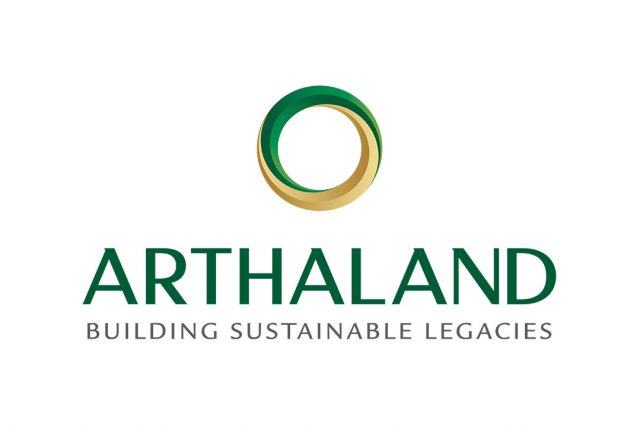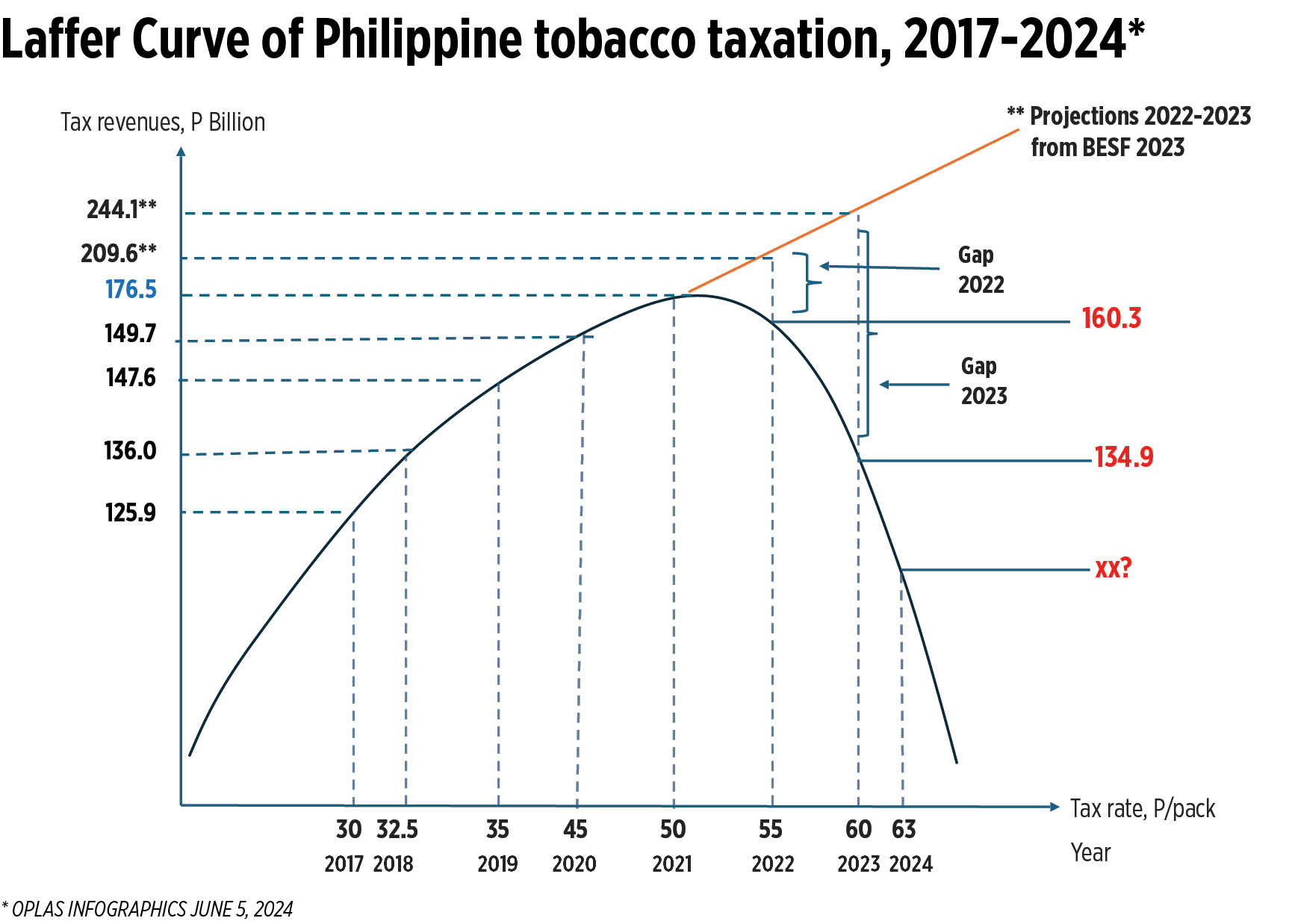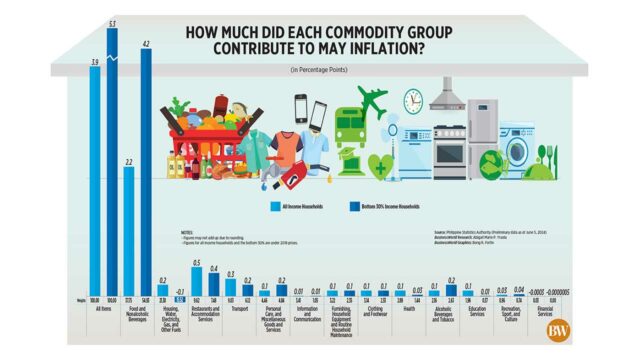Mick Jagger, strutting at 80, teases new album and more touring
LOS ANGELES — How does it feel for Mick Jagger to be back on tour singing, dancing and strutting across stadium concert stages at 80 years old?
“Like being on stage at 78,” the Rolling Stones frontman, who has thrilled audiences for more than six decades, said a day after playing a packed show outside Boston.
“It took a couple of shows to get into the groove, but now we’re into it,” Mr. Jagger said. “I’m feeling good.”
He sang “What a drag it is getting old,” back in the 1960s. But Jagger, who turns 81 on July 26, is still having a blast and has no plans to stop rocking anytime soon.
Now swinging through the US on the Hackney Diamonds Tour, the group will look at opportunities to play in other countries next year, Jagger said in an interview.
“We’ll consider those offers, where we’re going to go and where it will be fun, you know?” he said. “It could be Europe, could be South America, could be anywhere.”
Mr. Jagger also said the Rolling Stones are likely to release more new music soon.
The current tour is named for the critically praised album the Stones debuted last October, the first new material from the British rockers in 18 years.
At each stop, Mr. Jagger commands the stage for two hours with bandmates Keith Richards, 80, and Ronnie Wood, 77. Fans say Mr. Jagger still delivers a vigorous performance full of gyrating, stomping, sprinting, and his world-famous swagger.
In a review titled “The Rolling Stones Really Might Never Stop,” the New York Times said Mr. Jagger, at a show at a football stadium in New Jersey, seemed to get more energetic as the night went on.
Where does he find such energy?
“I just enjoy it,” Mr. Jagger said. “Really, that’s the answer. I just love doing it.
“You get this back and forth with the audience. You can see they’re having a good time, you’re having a good time, and it gives you a lot more energy.”
MUSIC LEGENDS MAY JOIN JAGGER
Mr. Jagger said he stays fit by doing two dance rehearsals and a few gym workouts each week. His father was a physical education teacher and Mr. Jagger has often credited his good health to genetics.
On the tour, the Stones play about four songs from Hackney Diamonds in between rock classics such as “Start Me Up,” “(I Can’t Get No) Satisfaction,” and “Sympathy for the Devil.” The set list is tweaked for each stop.
Fans appear to have embraced the new music, Jagger said. He sees people in the crowd singing along to the words.
Coming up, Mr. Jagger said he hopes to be joined on stage by some of the music legends who made guest appearances on Hackney Diamonds — Paul McCartney, Lady Gaga, Stevie Wonder, and Elton John — but said he does not yet have commitments. “It’s hard pinning them down,” he said.
The Stones recorded many songs that did not make it onto Hackney Diamonds, which may lead to another album, Jagger said.
“We’ve got a lot more, so I think we may be set up to make another album quite soon,” he said.
Outside of music, Jagger is producing a film about the love story between jazz musician Miles Davis and French actress and singer Juliette Greco, as well as a movie adaptation of The Real Thing, a play by British playwright Tom Stoppard.
Mr. Jagger has appeared on screen in about a dozen films and TV shows and said he would like to do more acting. “I don’t really get that many interesting offers, to be honest,” he said. “I enjoy doing it when I do it.”
INTEREST IN US ELECTIONS
-On the tour, the band asks ticket holders at each stop to vote on one song to be included in that night’s show. Boston fans chose 1980 track “Emotional Rescue” in the online poll, which had a turnout of roughly 80%.
Mr. Jagger used the moment to urge the audience to vote in the US presidential election in November.
He did not say which candidate he preferred, but the band has threatened to sue likely Republican nominee Donald Trump if his campaign keeps playing the Rolling Stones hit “You Can’t Always Get What You Want” at events.
Mr. Jagger has made brief political jabs on stage and occasionally receives flack as a Brit commenting on American politics.
“First of all, I think everyone has a right to have an opinion,” Mr. Jagger said. “It’s a free country.”
“I feel like it’s such an important election,” he added.
“I’ve got seven children who are US citizens. I care about what happens to their future. And I pay a lot of American taxes. So why shouldn’t I be able to say what I feel?” — Reuters















